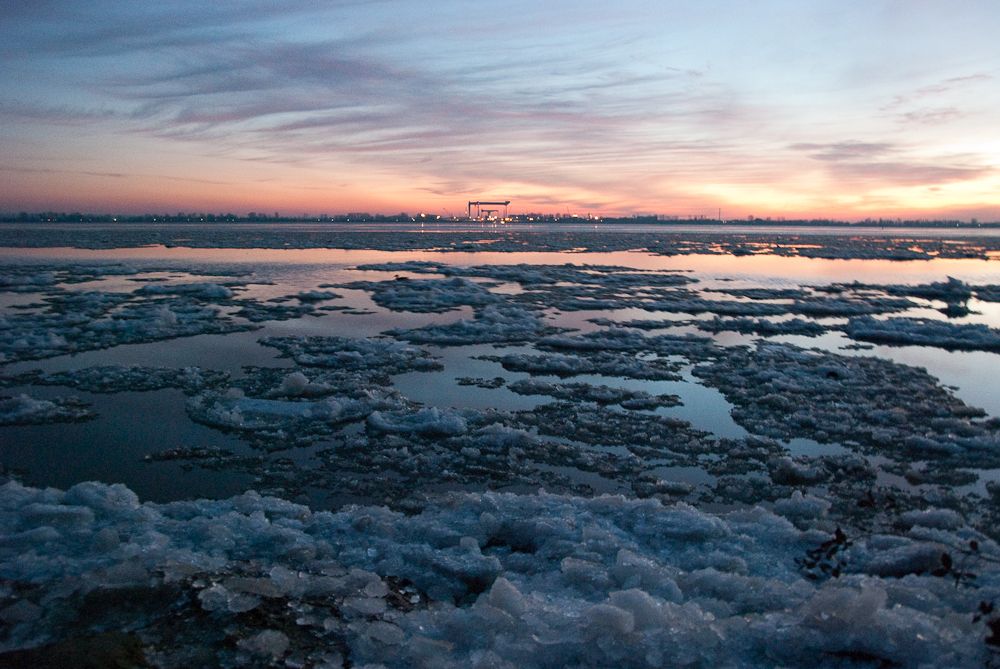Meeting climate targets can save millions of lives, finds WHO
A new report by the World Health Organisation (WHO) has found that by meeting the targets set at the Paris Agreement, millions of lives will be saved.

A new report by the World Health Organisation (WHO) has found that by meeting the targets set at the Paris Agreement, millions of lives will be saved.
The report, launched today at the United Nations COP24, outlines key recommendations for policy makers.
Dr Maria Neira, WHO Director of Public Health, Environmental and Social Determinants of Health, said: “The true cost of climate change is felt in our hospitals and in our lungs. The health burden of polluting energy sources is now so high, that moving to cleaner and more sustainable choices for energy supply, transport and food systems effectively pays for itself. When health is taken into account, climate change mitigation is an opportunity, not a cost.”
According to WHO, 7 million deaths occur each year due to air pollution worldwide, costing approximately US$ 5.11 trillion in global welfare losses. In the 15 countries that emit the most greenhouse gas emissions, the health impacts of air pollution are estimated to cost more than 4 per cent of their GDP. In comparison, actions to meet the Paris Agreement would cost around 1 per cent of global GDP.
Human activities are also destabilizing the Earth’s climate which correlates directly with poor health. Fossil fuel combustion serves as the primary driver of climate change and is a major contributor to air pollution.
Transitioning to low carbon energy sources will improve air quality and provide immediate health benefits. For example, active transport options such as cycling can prevent diseases such as diabetes, cancer and heart disease.
WHO report that despite efforts to protect lives from the impact of climate change more needs to be done. Currently, only 0.5 per cent of multilateral climate funds for climate change adaptation have been allocated to health projects.
Dr Joy St John, Assistant Director-General for Climate and Other Determinants of Health commented: “We now have a clear understanding of what needs to be done to protect health from climate change – from more resilient and sustainable healthcare facilities, to improved warning systems for extreme weather and infectious disease outbreaks. But the lack of investment is leaving the most vulnerable behind.”
Photograph: Eric Wüstenhagen






